The Covid-19 lockdown started on 23rd March 2020 in the UK. It’s brought lasting change to how we live our lives and it’s been struggle for many people. Much of what we previously took for granted seemed to vanish overnight.
Below is a very honest account of how Alex (a law student who was already managing a life affected by depression and anxiety) survived this period with his support structure, the gym environment, gone.
Crispin (Alex’s friend) starts by explaining how it feels to have watched a mate struggle through lockdown and how he experienced the all too real difficulty of not being able to help.
Living with mental illness during lockdown
The recent lockdown forced many of us to retreat to our homes and to lose direct contact with family and friends – the support mechanism that allows us all to thrive and exist. There has been awareness of the negative wellbeing impact that isolation brings to many of us, but to the majority, its devastating toll to some remains unseen.
This blog looks at two different viewpoints on the same debilitating challenge. First from my point of view, reaching out to support a friend who is shattered by the isolation and already suffers from mental health challenges. The second is from his perspective, living with the daily pain of being isolated and reflecting on what it feels like to receive well-intentioned but naïve ‘help’.
Crispin

Alex is a 27 year student completing his final year of a law degree. Alex has already had to take three years out of his studies due to his mental health but had almost completed his final year when lockdown struck. The gym is a major part of his life and whilst a little shy at first, he has a healthy appetite and over compensates on social media to meet new people.
Our friendship was close and we had never shied away from talking about Alex’s health issues, but mainly bantered about the gym, on what a success the last year had been with him returning to uni and focussing on getting his law degree. This was the opportunity to kick start his life and open doors.
I could never have anticipated the impact that March 23rd would have. Lockdown came quick and snatched our liberties and freedom.
What I watched unfurl, was Alex’s life collapse day by day. In fact as each day passed, the deterioration accelerated. The basic needs of a gym and importantly social contact had gone. Alex was struggling and needed to focus on this in his own way. He needed to shield himself from the outside world and lessen the chronic pain of losing almost everything that was important to him to function. He stopped messaging and the silence began.
As a mate, it was shocking to watch this happening and to effectively lose a friend. I continued to message each morning and evening to let him know I was there when he needed. In fact I started to push him to realise that there were people around him trying to support. I did get a response to this message and it was clear that he didn’t need support, he needed his life back.
I started to realise that my naïve attempts to help where actually more focussed on what I needed. I needed Alex to feel strong again; I needed to know that my attempt to help was working. The truth hurt, but I had to give him space and deal with this in his own way. Weeks of silence were agonising, but when the first WhatsApp landed, it was clear that his hibernation hadn’t been unproductive. His self-imposed silence had allowed him to deal with it his way. He had spent days confined to bed, but still found a way to complete his final assignments.
As we start to emerge from the early stages of lockdown, Alex’s struggle is still real. We may start to move around a little more or work from home and interact over the dreaded Teams meetings. But for him, Uni has finished, the gyms are still closed and meeting friends is severely restricted. No structure, no nourishment, in fact no emotional purpose to reach out.
We messaged each other last week. He is still unsure about socialising but described his loneliness. What he went on to describe was the emotional loneliness that left a darkness and empty feeling.
I have learned a lot from Alex’s lockdown. Firstly, to be careful of reflecting my own feelings and anguish on him; to give him space and let the silences speak for themselves. But what is so important, that he has to deal with this in his way and at times when it feels as though I have been pushed aside, this is the most important thing I can do as a friend. I hope that backing off a little helped but I never missed a day of lockdown to just say good morning and ask how he was feeling. I learned not to expect anything back but to let him tell me what he was feeling when he was ready.
It is still painful to watch a friend suffer so silently. But I hope that we have both been on our own journey and will meet again soon, with a stronger mutual understanding.
As I write this, Alex is awaiting the results of his degree next week. I am sure that his inner strength and fight will deliver him what he duly deserves.
Alex

Prior to the announcement of lockdown on March 23rd my life was relatively normal. I have had a long-standing battle with my mental health, namely with depression and anxieties. The progress being made on that battle was finally noticeable, with my ability to be handling normal social situations improving, but most importantly my acknowledgement of my own struggles and how to handle on a daily basis being greater than ever.
Lockdown was not a bump in the road for my journey. It was not simply an impediment to progress. It shattered everything I had worked to rebuild. I found myself in the depths of a situation no one could ever prepare for, away from my coping mechanisms and in the truest sense of the word, alone.
Depression for me is not sadness, its numbness. It is like departing from the normal emotional experiences of your daily life and putting yourself on autopilot. Lockdown took me back to this state. I was not prepared for it at all and can honestly say I never thought I would find myself back there. In a matter of weeks, the isolation response to Covid-19 had seemingly taken everything from me. I was back at home, trying to teach myself the material to finish my law degree, no gym which was an integral part of my life from a mental health standpoint, no ability to see anyone nor do anything. Trapped.
Finishing my degree was a unique challenge. It was something I had walked away from once due to my mental health. There were frequently days of desperately trying to work and being physically unable to. My family saw my frustrations during this time. They saw it wear away at me every time I my brain could not process what I needed it to, when I could not write because my mind was unable to make coherent sentences. I had no quick fix for this; I met my deadlines by virtue of who I was before lockdown. I had set myself significantly ahead of where I needed to be at the end of March, this preparation would ultimately mean the days and week written off to lying in bed, sleeping away 18 hours of a day, did not cause the same damage it otherwise would have. My assignments took everything I had to be able to complete, whenever I was feeling slightly better my whole attention was on my degree and nothing else.
I shut everyone out when I am struggling. I am extremely fortunate that those around me know the more I am retreating, the more I am struggling. They know this is me asking for help, but they also know I will never take it. I have the most incredible family to whom I owe everything, from my previous battles to the one experienced in lockdown. The smallest things kept me going, my mum talking to me about her day even if I didn’t response, my sister making brownies to cheer me up, neither of them ever concerned if the gesture was not well received at the time. It may have been a day later, two days, in cases a week later, those things made a difference.
Even at the point of writing this post, regrettably my mental state is unchanged. Depression does not have to be constant, as Crispin can attest there would be windows of time randomly where I would seem myself again. They are fleeting, but I have dealt with this long enough to enjoy them whilst they last.
Crispin will never know how important his messages were. My replies have been, and still are, few and far between. Even writing this has taken over a week for me to reach a point where I can. His messages represented normality, not something I could ever process when I was having a difficult day or week, but once the numbness shifts it’s something that I valued. He may describe his attempts to reach out as naïve, but alongside my family and a handful of other friends, their combined endeavours ensured when I needed it the most, I wasn’t alone.
